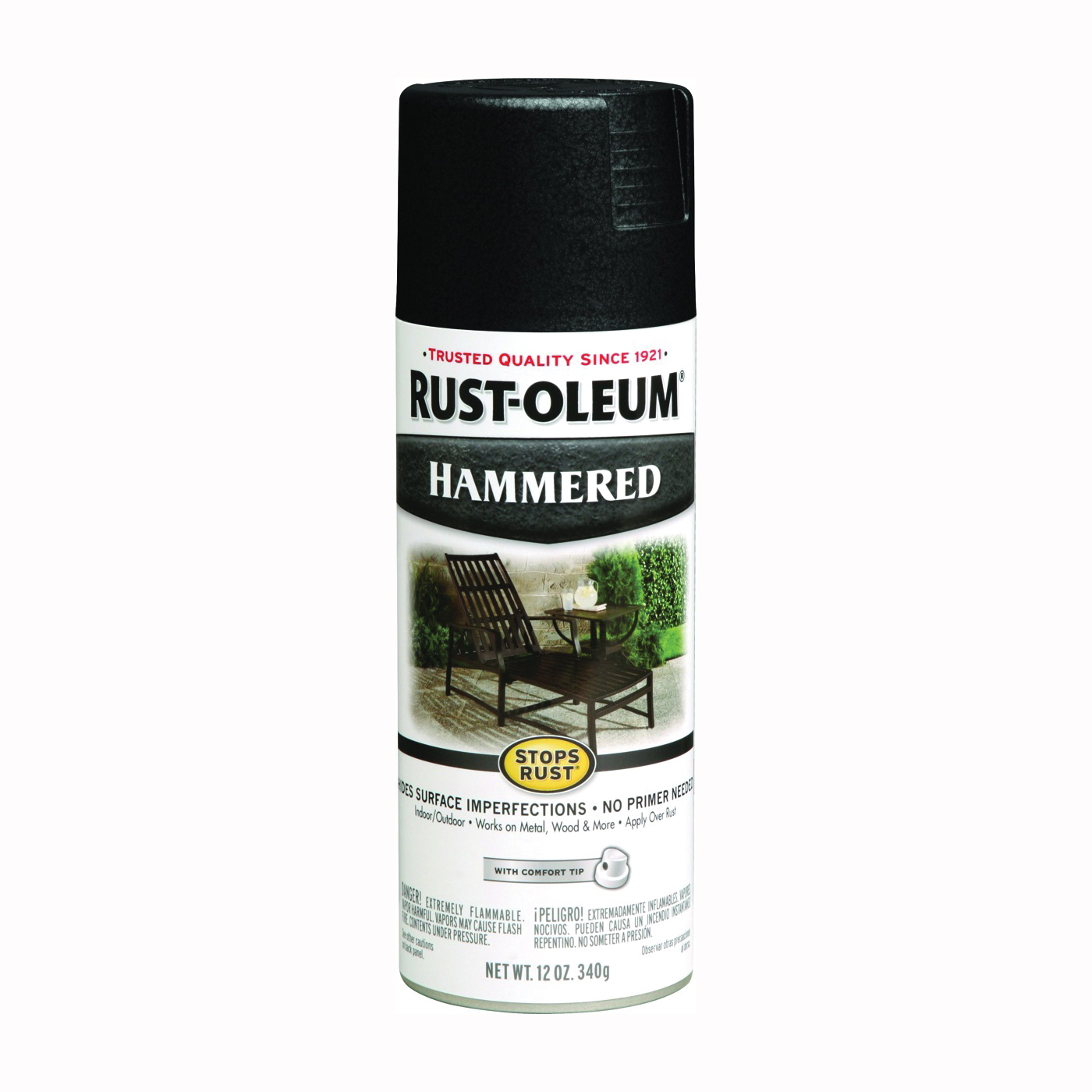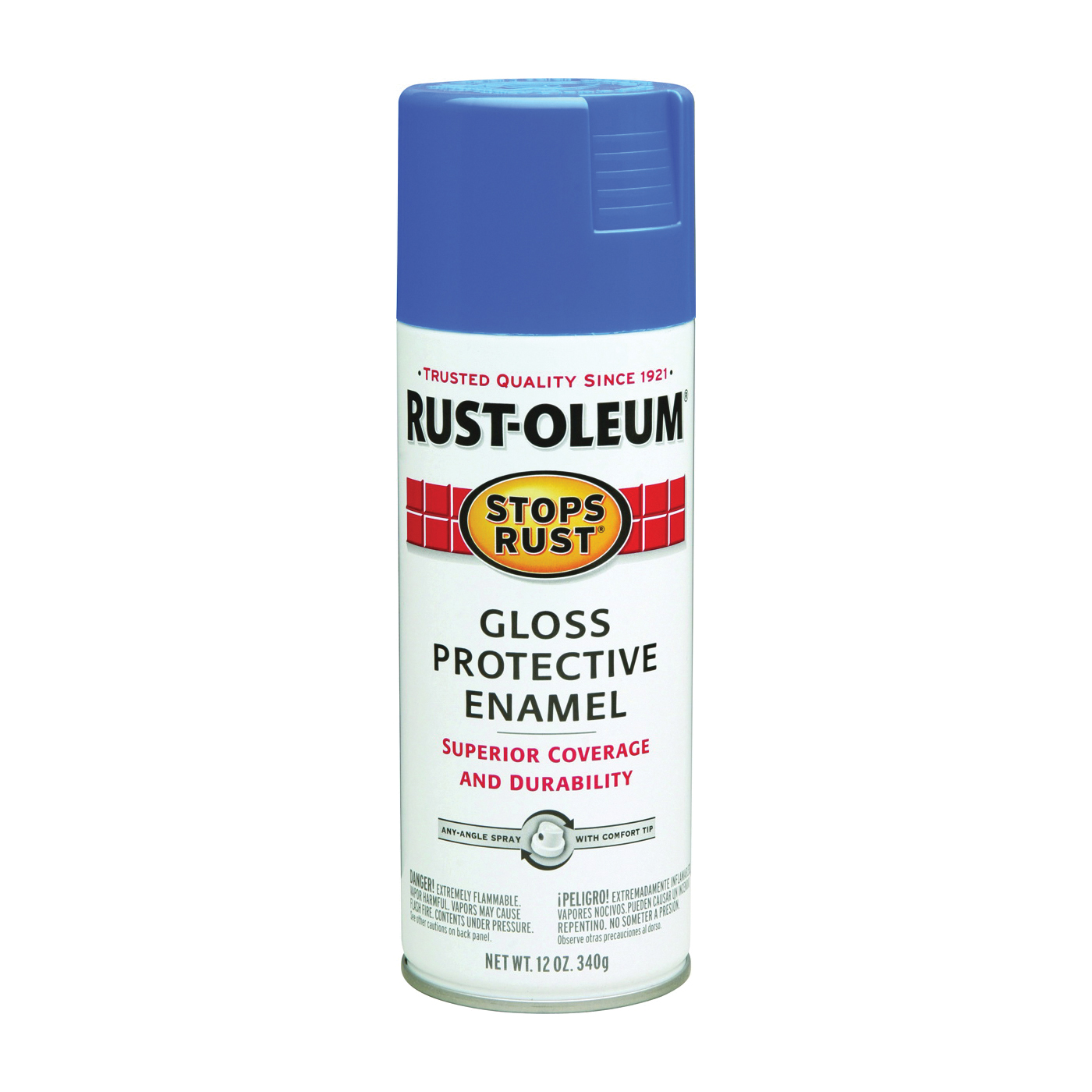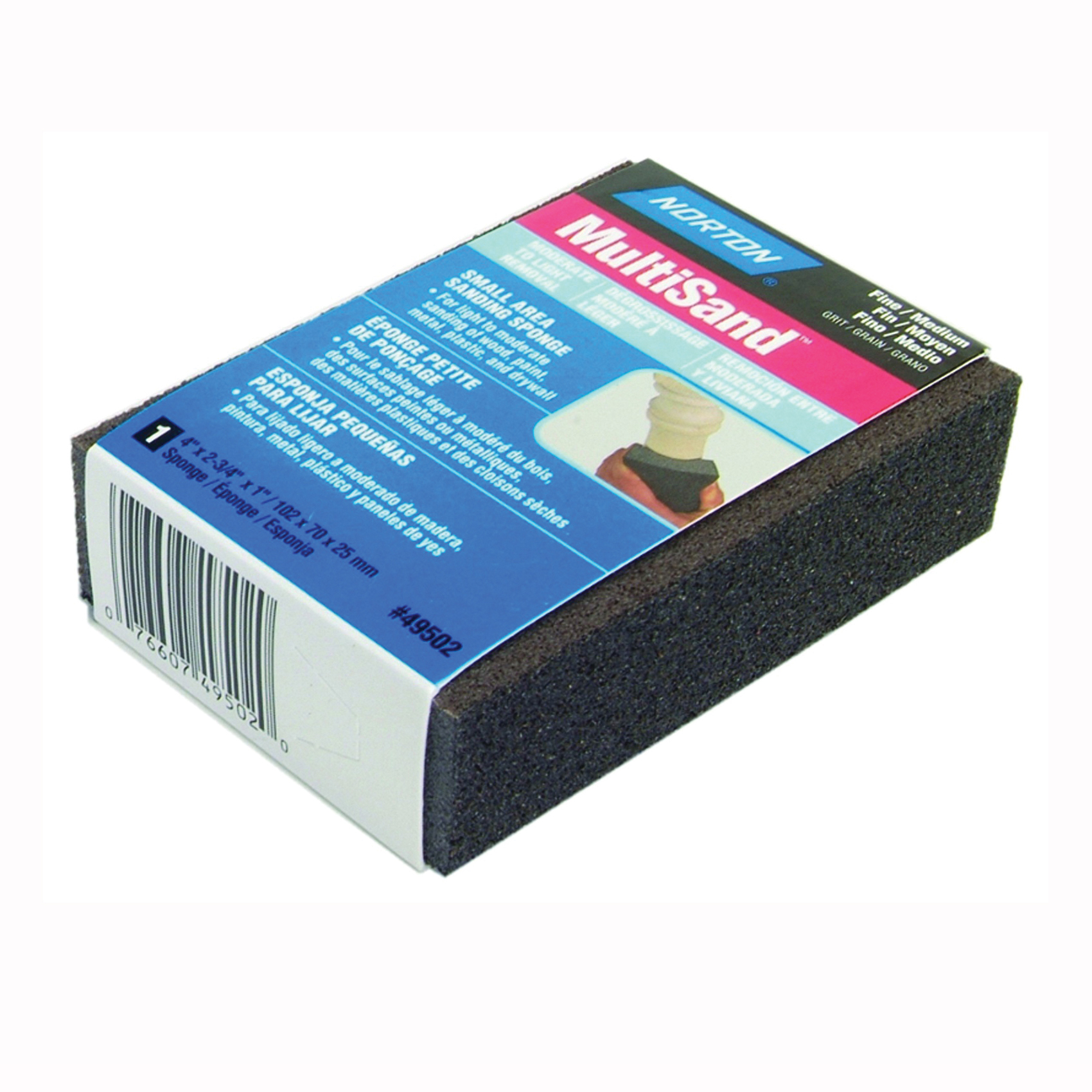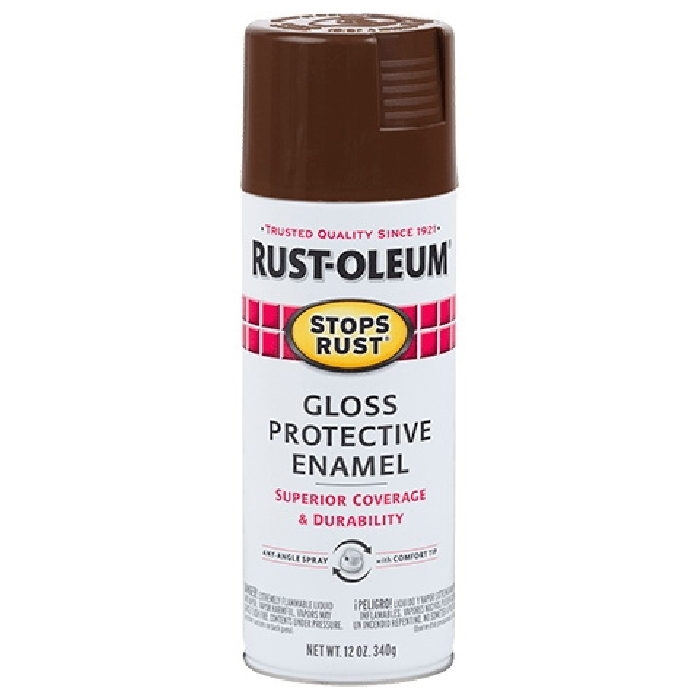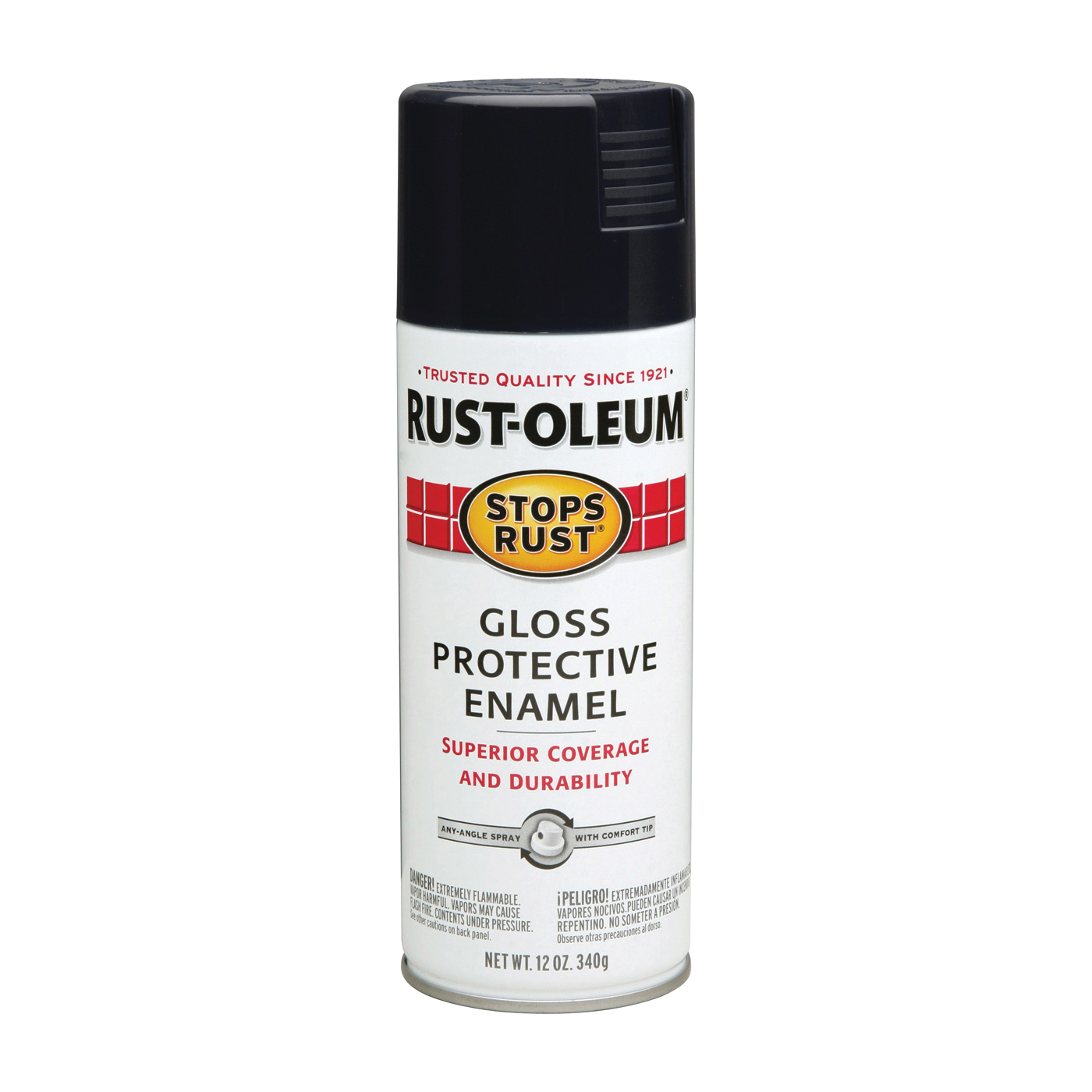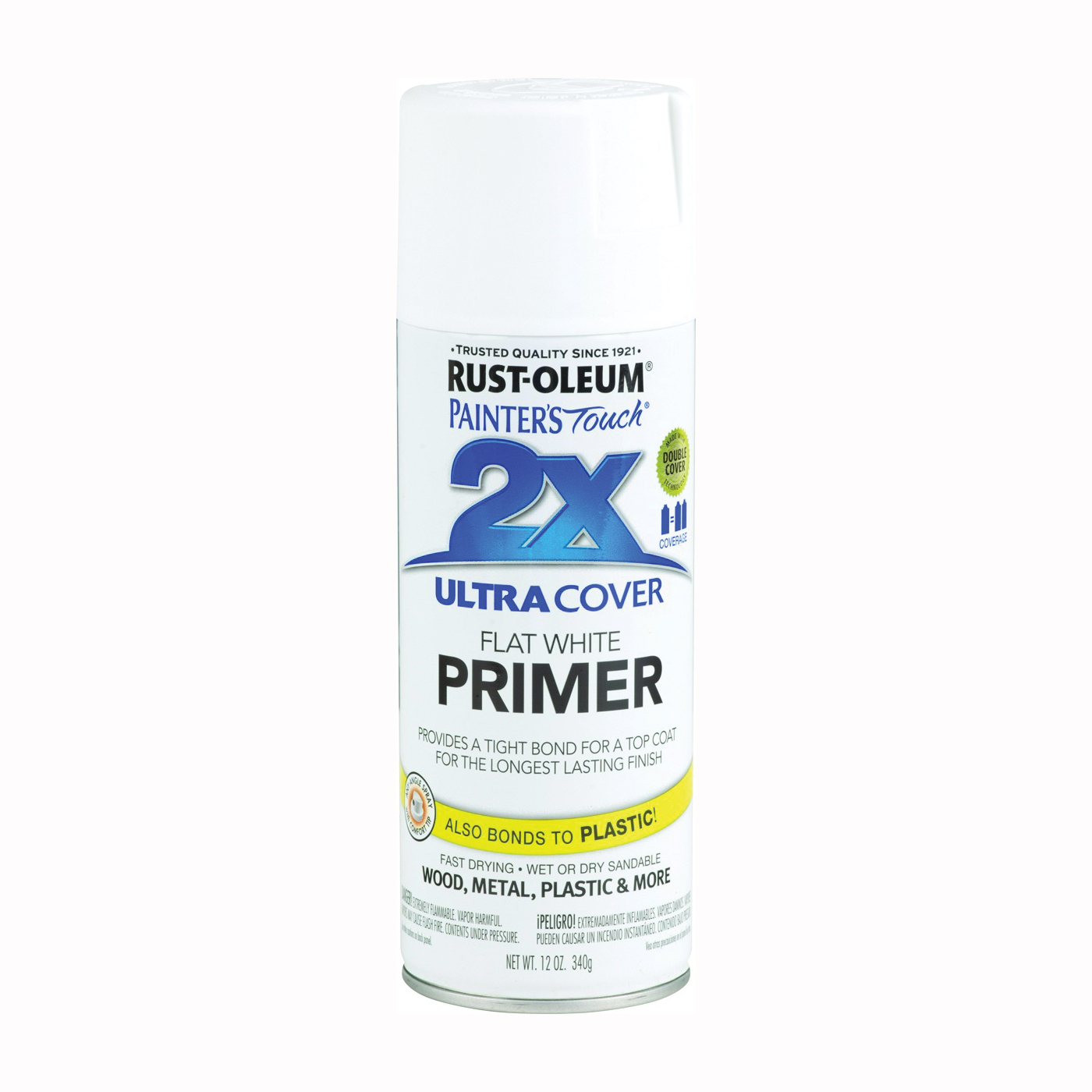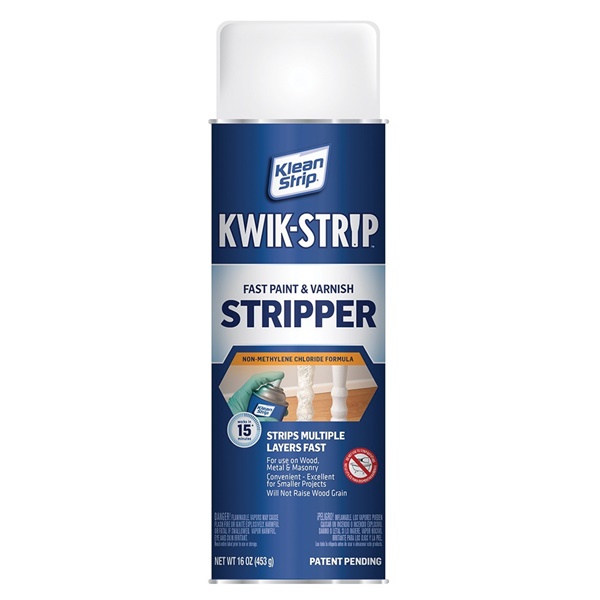Repainting outdoor furniture can give new life to your worn out, faded, or rusty chairs, tables, and benches. It’s easy and inexpensive to make drab furniture look brand new again with a fresh coat of paint. Follow these easy steps for repainting outdoor furniture to make your front porch a welcoming place you can enjoy with your neighbors.

First Steps to Repainting Outdoor Furniture
Outdoor furniture comes in many materials like plastic, metal, wood, and wicker. And, while fading or rusting is inevitable, each of these materials is easy to fix up with a fresh coat of paint.

Gathering Supplies
When you get ready to repaint your outdoor furniture, you need to assess the state of the furniture. Are there screws missing? Is the paint peeling or just faded? Is the metal rusted? Depending on what exactly needs to be fixed, you may need a variety of items to complete the job properly.
For chipped or peeling paint, you will need sandpaper, a wire brush, and wood putty for wooden surfaces.
For rusty metal surfaces, a rust inhibitor like OSPHO can prevent further rusting and provides a sound base to paint. Scrub the rusty spots with your wire brush and apply the rust inhibitor. This will need to dry for at least 24 hours before moving on in your project. If your furniture is severely damaged or rotted, it may not be salvageable.
Cleaning
Before you start working on repairs and repainting your furniture, you need to start with a clean slate. Power-washing your furniture or scrubbing it with a degreaser or mild soap and water will clear off any dirt and residue that may have collected over the years. This step is crucial. If you don’t have a clean surface, the dirt and grime can prevent the paint from going on smoothly and cause premature chipping or peeling.
Starting Furniture Repairs
Peeling Paint
If you don’t scrape off the peeling paint, your new coat of paint will not be flat and smooth. And, along with not looking great, it sets it up to peel again. Simply use a wire brush to scrub your furniture. If you are working with wood and see cracks or gouges, fill them in with the wood putty. To finish getting the peeling paint off, use sandpaper to smooth out any rough edges.
Tightening and Replacing Fasteners
While molded plastic or true wrought iron furniture don’t have any fasteners, most outdoor furniture has specific connection points using either glue or fasteners. Replacing these fasteners can be tricky. Make sure you choose a fastener that matches the current one or your furniture may become wobbly or unstable. The easiest way to do this is to take one of the screws to the store so you can match it. If your screw was stripped or rusted through, take it to your local McCoy’s. Our team members can help you find a replacement or walk you through the options of fixing a stripped screw hole.
Repainting Your Furniture
Now that you’ve made any necessary repairs, you are ready to repaint your outdoor furniture and get it looking nice and new, increasing the curb appeal of your home and giving you a comfortable place to relax.
Choosing Your Application Method
When repainting your furniture, you have two choices for both your primer and your paint: spray paint or exterior brush-on (or roll-on) paint. Spray paint is best for items like wicker or metal. It leaves a smooth finish and sticks well to slippery surfaces. While it can get into little crevices and details, it’s not ideal for large surfaces due to the small amount of paint per can. Roll-on paint is great for large surfaces like a tabletop or a wooden bench. It takes longer to apply and dry, but has thicker coats and more control over which surfaces are covered. A small brush or roller may be easiest to work with to apply smooth, even coats.
Priming
Priming is one of the most important steps you can take when painting. Primer helps paint stick to slippery surfaces, go on more smoothly, and reduces the amount of paint needed to be applied to porous surfaces like wood. Additionally, primer allows the paint color to go on more evenly and keep the color saturated. One coat of primer should be enough, but if your surface is especially porous, it may be helpful to apply a second coat.
Painting
Exterior paint can be latex (water-based) or oil-based. Oil-based paint is thick, water-resistant, and more durable but can be costly and has a strong odor when applied. Additionally, oil-based paint is not water-soluble, so to clean any drips or brushes, you must use paint thinner or mineral spirits.
All spray paint is oil-based but it’s applied in thinner coats so does not have the same durability as paint purchased in gallon or quart cans. It can also be tricky to clean up. It is not ideal to mix spray paint and roll-on paint since they are formulated differently.
Latex paint is affordable, easy to clean, and usually has a milder odor. Plus, some latex paints are a 2-in-1 paint and primer combo, reducing the number of steps needed to refinish your furniture.
Whether you choose to use spray paint or roll-on paint, ensure there is plenty of ventilation in your workspace to prevent buildup of aerosol and toxic fumes. It’s also important to allow the paint to dry completely between coats. When the paint doesn’t have enough time to dry, it can peel or crack later. Check the can of paint for instructions on recommended drying times.
Protecting Your Newly Refinished Furniture
You’ve put all this hard work into refinishing your outdoor furniture, now how do you keep it looking fresh and new? It’s quite simple.
Using UV protectant paint can prevent the paint color from bleaching or fading quickly. Most exterior paints have some sort of UV protection, but leaving your furniture in a shady area will also protect the color.
Another way to protect your furniture is by keeping it clean and dry. Water can shorten the lifespan of any material, causing wood to rot, metal to rust, and plastic to break down. Preventing standing water, mud, and debris can allow it to dry quicker after rain or your sprinklers.
Now that your outdoor furniture is looking great, it’s time to enjoy hanging out on your front porch. If you’re looking for more ways to increase your curb appeal and enjoy your front yard, checkout our advice on getting the greenest lawn or painting your front door!




